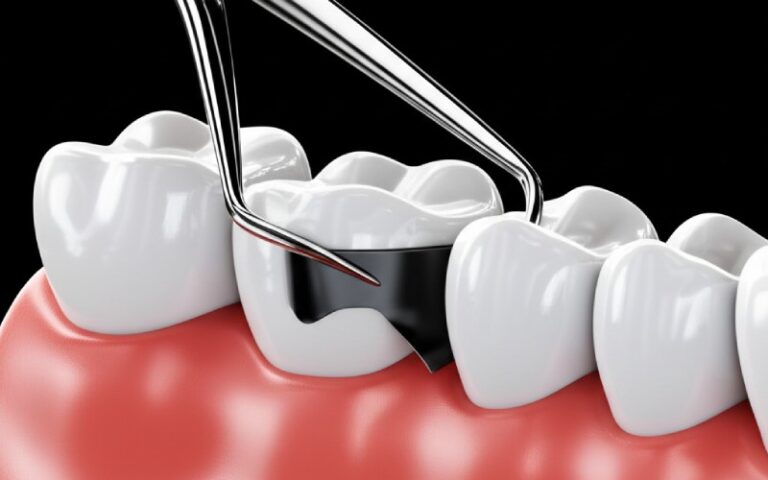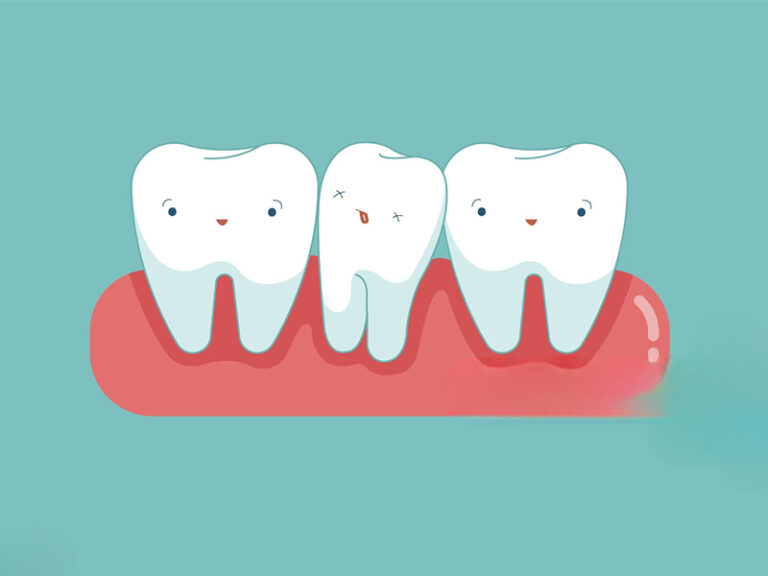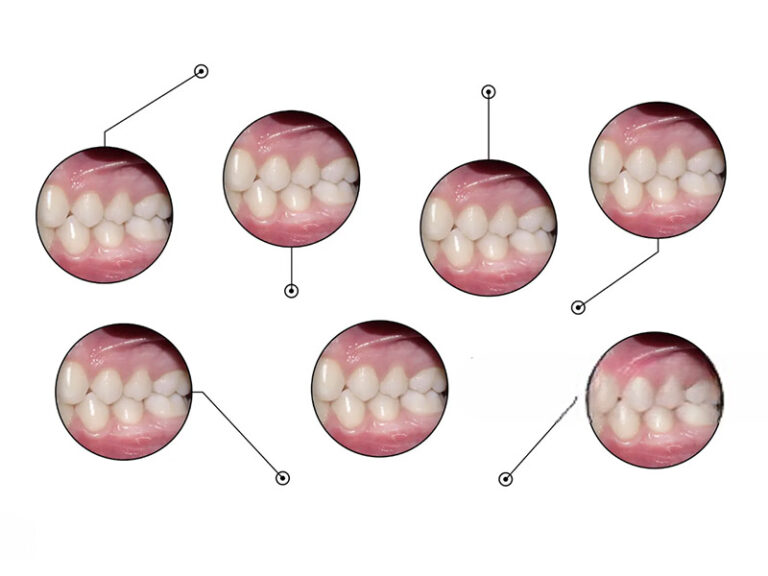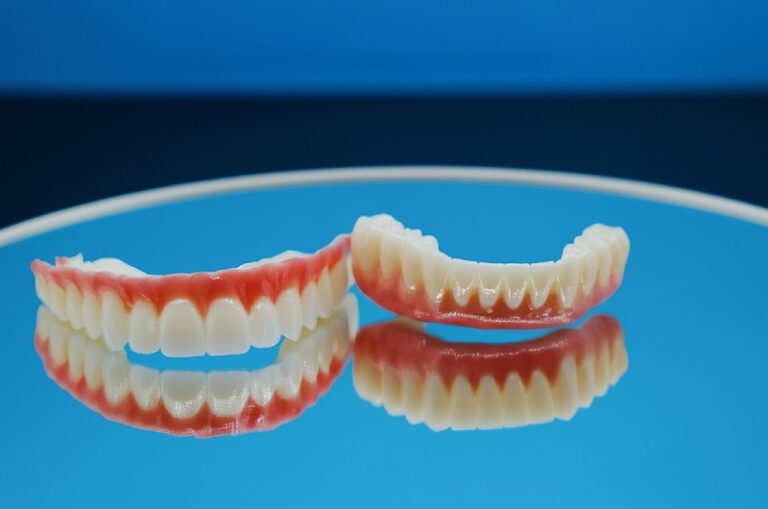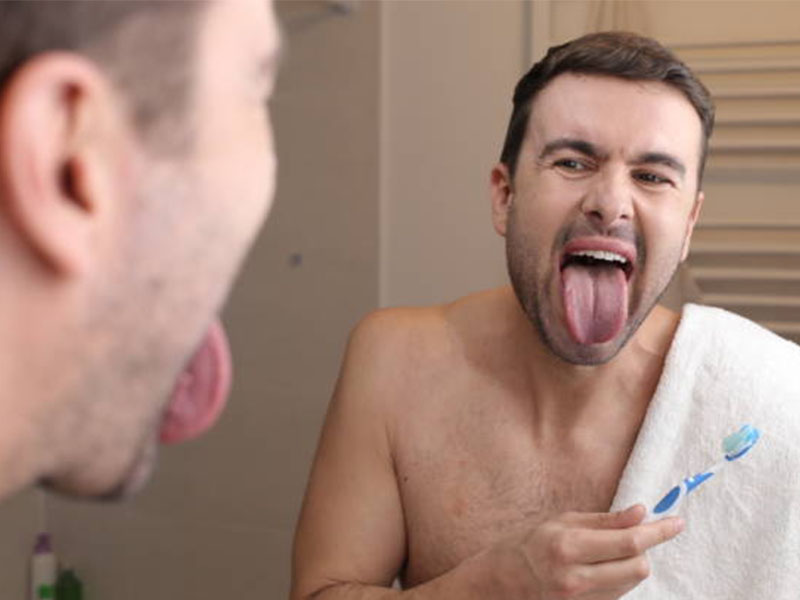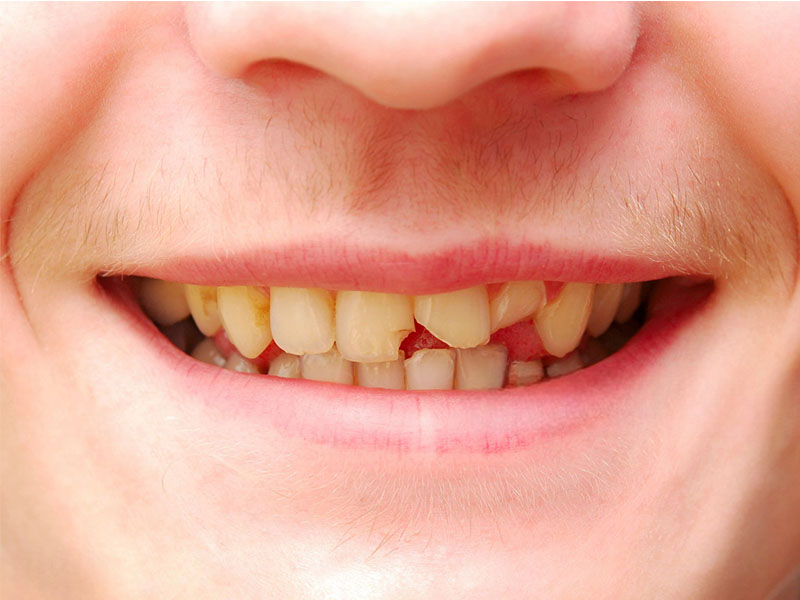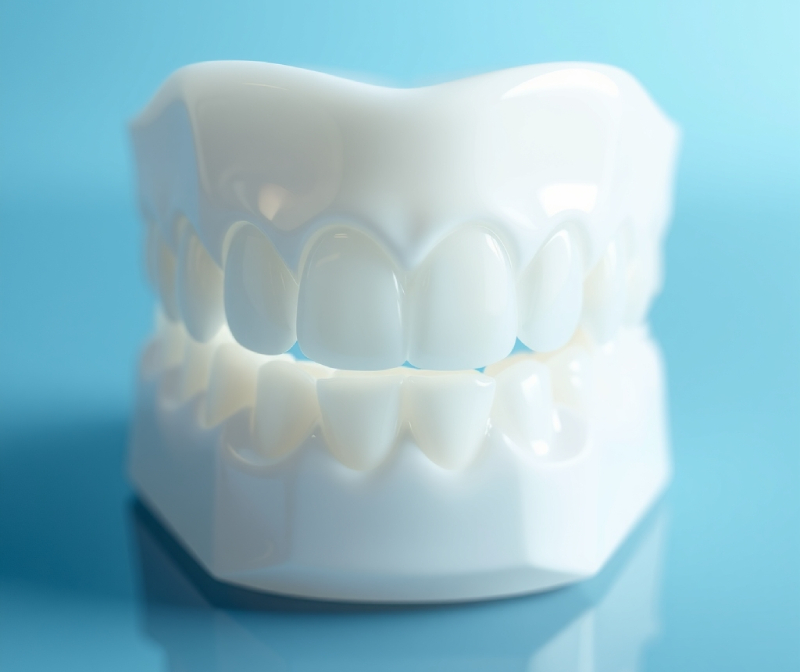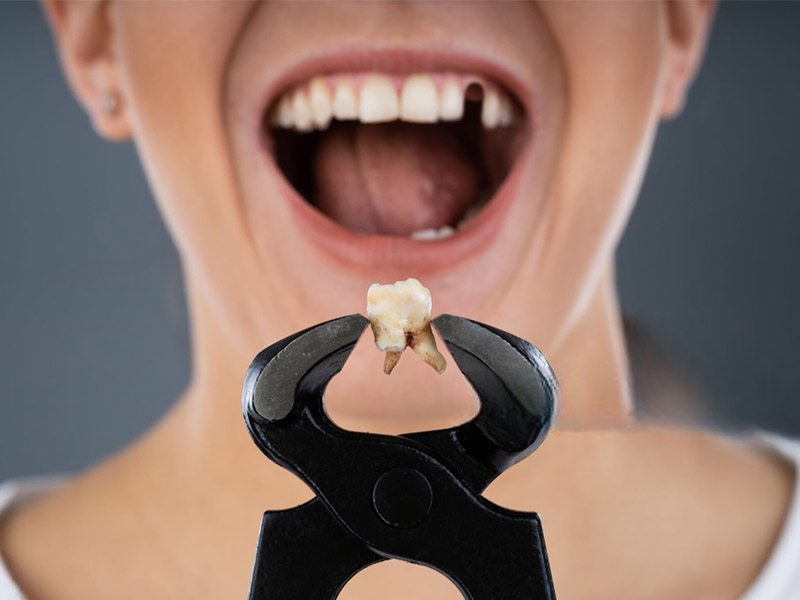
What to Expect with a Tooth Extraction: My Complete Guide to the Procedure and Recovery
In this article, you’ll get my honest, step-by-step walkthrough of what happens before, during, and after a tooth extraction. I’ll also share things I wish I’d known at the start and what helped me recover well. If you’re nervous, confused, or just want to know what’s normal, I’m sharing everything I learned so you don’t have to guess.
Table of Contents
Introduction: My Tooth Extraction Story and Your Guide
If you’re anything like me, getting a tooth pulled sounds scary. I remember sitting in the dentist’s office, heart racing, and wondering if everything I’d read online was true. Was it going to hurt? Would my face swell up like a balloon? What if something went wrong?
Now, after having both a simple tooth pulled and (a few years later) a more complicated wisdom tooth surgery, I can say: it’s not as bad as it seems. It’s totally normal to have questions about how long the healing takes, if the pain after tooth removal is bad, or what signs of trouble (like dry socket) feel like. By the time you finish this guide, you’ll know just what to expect, what worked for me, and when you should call your dentist.
Before Your Tooth Extraction: The Preparation That Made All the Difference
Why I Had to Get a Tooth Pulled
I’ve had two extractions, each for a different reason. The first time, my tooth had a giant cavity and was just too damaged to save. My dentist said there was no way to fix it, not even with a root canal. The second time was about my wisdom tooth—it got stuck under my gum, pushed against my other teeth, and gave me jaw pain.
Most people get teeth pulled because of:
- Big cavities or infections that can’t be fixed any other way
- Teeth that are stuck (impacted), like wisdom teeth not coming in right
- Too many teeth (crowding) and you need space for braces
- Gum disease making teeth loose
- Injuries from trips and falls, sports, or accidents
If you’re not sure why you need an extraction, your dentist will explain and will show you X-rays so you can see for yourself.
The Pre-Procedure Checkup & Finding Out What’s Wrong
Before getting a tooth pulled, my dentist always took X-rays. With my wisdom tooth, they even used a big, wrap-around X-ray to see where it was stuck. This helps your dentist see the tooth roots and your jawbone.
Tell your dentist about any health problems you have (like diabetes), or pills you take—especially if you’re on blood thinners or heart meds. This is super important for your safety.
I also found out that if you’re scared of the dentist, saying so helps a lot! There are ways to help you relax, and they hear this all the time. You’re really not the only one.
Your Choices for Numbing and Sedation
What kind of numbing medicine you get depends on what needs to be done:
- Local numbing: Just the tooth and gum get numb. I didn’t feel any pain, just a bit of pressure.
- Sedation: This can be laughing gas, medicine to make you sleepy, or an IV. Good for people who are anxious or need lots of teeth out.
- General anesthesia: This puts you all the way to sleep, but it’s only for really tough cases like lots of teeth or broken jaws.
If you pick sedation or get “put under,” you can’t drive yourself home. So plan a ride!
What to Do Before the Procedure
Your dentist or dental surgeon will give you a list of things to do (or not do):
- Don’t eat or drink for at least 8 hours before any sedation.
- Check which medicines you should take or skip. My dentist called my doctor to make sure.
- Wear comfy clothes, and ask a friend or family member for a ride if you need it.
I also learned to pick up their printed aftercare tips. You’ll forget things once the numbing wears off!
During the Tooth Extraction: What Actually Happens?
Walking into the dentist’s office, I felt super nervous—like I was in trouble or about to take a test I hadn’t studied for. But once I sat in the chair, it turned out to be a lot simpler than I’d feared.
Simple vs. Surgical Tooth Removal—How They’re Different
Simple Extraction (my old broken tooth)
First, I got a shot to numb my mouth. The dentist waited and made sure I couldn’t really feel anything sharp.
- Wiggle and loosen: She gently moved the tooth back and forth with a little tool.
- Pull it out: She grabbed the tooth with some special pliers and pulled. I felt some pressure, no pain—just a funny popping sound.
- Gauze: She put some gauze on the spot to soak up any blood.
Surgical Extraction (the wisdom tooth)
This one was more complicated but not actually scary:
- Extra numbing: Shamelessly, I got extra numbing and a little “laughing gas” since I was nervous.
- Small cut in the gum: The dentist cut my gum carefully to reach that stuck tooth.
- Cutting bone: Some noise and pressure as she made space and even cut the tooth in pieces. Again—felt nothing sharp.
- Stitches: She put in stitches to help it heal.
Neither part hurt. You just feel some tugging and weird stuff, and your ears might catch some odd sounds.
What You’ll Feel and How Long It Takes
Here’s what I remember feeling:
- Pressure and some moving around
- Tugging, not pain
- Numb lips and gums
Simple teeth only took less than 20 minutes. The surgical one took just under an hour. The dentist always let me know what would happen beforehand.
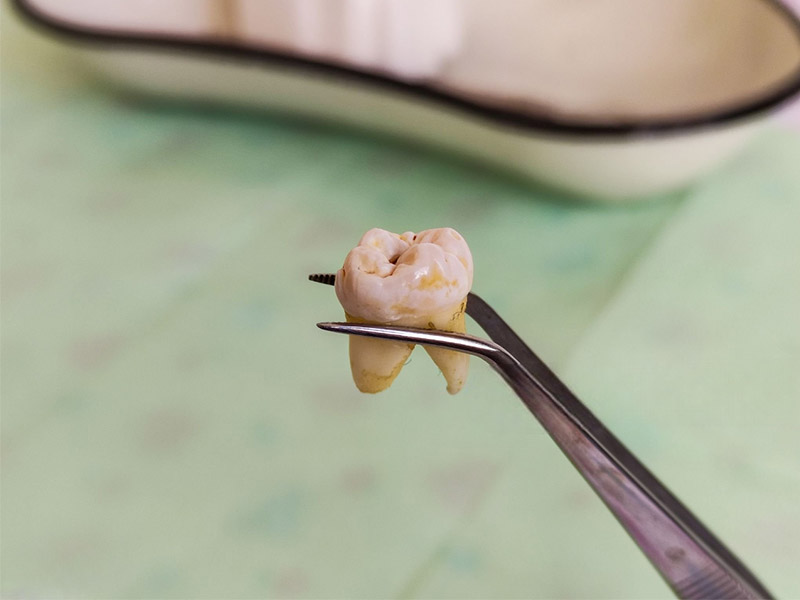
Right After: The First 24-48 Hours
That first day at home is really important. How well you take care of yourself now makes the healing much easier.
How to Stop Bleeding
For the first hour or two, I gently bit down on some clean gauze. This helps your blood clot and keeps things from bleeding too much.
- Change the gauze when it gets soaked. Try not to keep poking at the spot.
- A little bleeding is normal, even some pink spit. But if blood keeps pouring out even after you try pressure, call the dentist.
Easing the Pain
The truth? Yes, there’s soreness—but it’s usually not awful unless something goes wrong.
- For my regular tooth, I only needed Advil or Tylenol—nothing fancy.
- For the surgical one, I used the strong medicine for just the first night, then switched to store-bought pills.
- Ice packs (20 minutes on, 20 off) helped my swollen face more than I expected.
- At bedtime, sleep with your head a bit higher—stack a couple pillows.
If pain gets much worse after a couple days, or regular medicine stops helping, that could mean dry socket or infection. Call your dentist if that happens.
Handling Swelling and Bruises
After my wisdom tooth, my cheek puffed up and turned a little purple. Don’t panic—this is normal.
- Use ice packs for the first two days.
- Sleep with your head raised.
- Usually things look better by the end of day three.
Keeping the Blood Clot Safe
The blood clot where your tooth was is basically your body’s bandage. Lose it, and you risk dry socket, which is really painful.
So:
- No straws for three days.
- Don’t spit hard or rinse for the first day.
- Skip cigs and booze—they mess up healing.
- Try not to prod the hole with your tongue or fingers (I know, it’s tempting).
What I Ate After My Extraction
- Day one: Cold applesauce, yogurt, pudding, soft mashed potatoes. No chips or anything spicy.
- Day two: Added scrambled eggs, noodles, and not-too-hot soup.
- Chewed on the other side to keep food out of the hole.
- Drank lots of water, but waited on coffee for a day.
Keeping Your Mouth Clean and Taking It Easy
- Rinse with mild salt water starting on day two—just gentle swishing.
- Brushed my other teeth as normal, but was careful near the extraction spot.
- Took it easy for a day or two—no running, yard work, or anything too active.
My Tooth Extraction Recovery: Day by Day
Everyone’s a bit different, but here’s how it went for me.
Days 1-3: The Toughest Part
- Soreness and swelling were worst around day two, then started to get better.
- I could stop pain pills at the end of day three.
- Little bit of bleeding but it stopped after the first day.
- Swelling and jaw tightness lasted just a couple more days.
Days 4-7: Getting Better
- Could eat warm, soft foods again.
- Started brushing gently near the spot where the tooth was pulled.
- Wisdom tooth stitches started to fall out or my dentist took them out by the end of the week.
- Didn’t need ice packs, and the weird taste was gone.
Weeks 2-4: Gum Healing
- My gums sealed closed by the two-week mark.
- The “hole” got smaller as bone filled in.
- Still careful about anything hard or crunchy.
Months 1-6: All Healed Up
- My jawbone kept healing slowly for months, dentist said that’s totally normal.
- If you want an implant or fake tooth, you usually have to wait for the bone to finish healing first.
Problems to Watch For and When to Call Your Dentist
Most teeth pull fine, but knowing red flags matters. Don’t just “wait it out” if things feel wrong.
Dry Socket
I was really worried about this, but didn’t get it because I followed all the aftercare stuff.
- How it feels: Bad pain a couple days after pulling, yucky taste or smell, maybe you can see bone where your tooth was.
- Stop it before it starts: Don’t smoke, skip straws, eat soft, rest.
- What to do: Call the dentist right away—they’ll help and you’ll feel better fast.
Infection
- Watch for: Fever, pus, worse swelling, pain that goes up instead of down, sore glands.
- If you see any of these, don’t wait—get in touch with your dentist.
Bleeding That Won’t Stop
Some bleeding is fine. But if the gauze keeps coming out soaked for hours, call your dentist. My dental office said bad bleeding lasting more than two hours needs a check.
Rare Problems
- Nerve issues: Rare but possible with wisdom teeth near nerves. You’d feel numbness or tingling in your lip or chin. Usually this goes away in time.
- Pain that drags on: If you hurt past a week or the pain is getting worse, not better—call.
Long-Term Stuff and Tooth Replacement Choices
Keeping Your Mouth Healthy After Extraction
Right after my first tooth was out, I just wanted the pain gone. But my dentist kept reminding me: keep brushing, flossing, and going for cleanings. It helps your gums and bone heal faster and keeps infection away.
Picking A Tooth Replacement
For some teeth, you might want to fill the gap:
- Dental implants: These look and act like real teeth. You have to wait until your jawbone is strong enough.
- Bridges: Good when there are healthy teeth on both sides.
- Dentures: Best if you lose more than one at a time.
Why fill the spot? Because open gaps make other teeth shift and can mess up your bite or even cause bone loss. Doing something now saves you bigger problems later.
Conclusion: What Helped Me the Most
Honestly? Trust your dentist, don’t skip any aftercare steps, and ask lots of questions. Dental extractions are way less scary when you know exactly what’s happening and how to heal.
A little planning and just giving myself time to rest really mattered. Knowing when to call the dentist kept me calm (even when my face puffed up). Most of all, remember: caring dental teams have seen everything before. With a bit of patience, you’ll be back to eating your favorite foods and smiling soon.
Facing a tooth extraction? I hope what I shared helps you feel ready and a little less anxious. You can do this.

